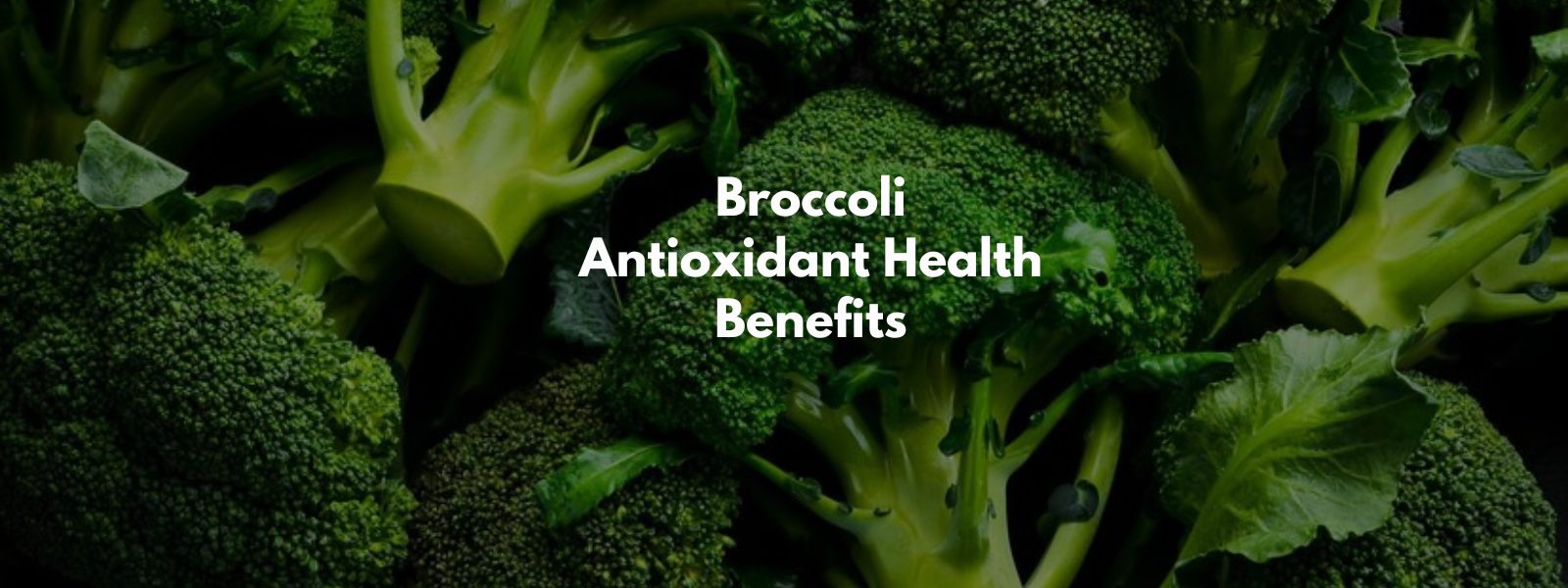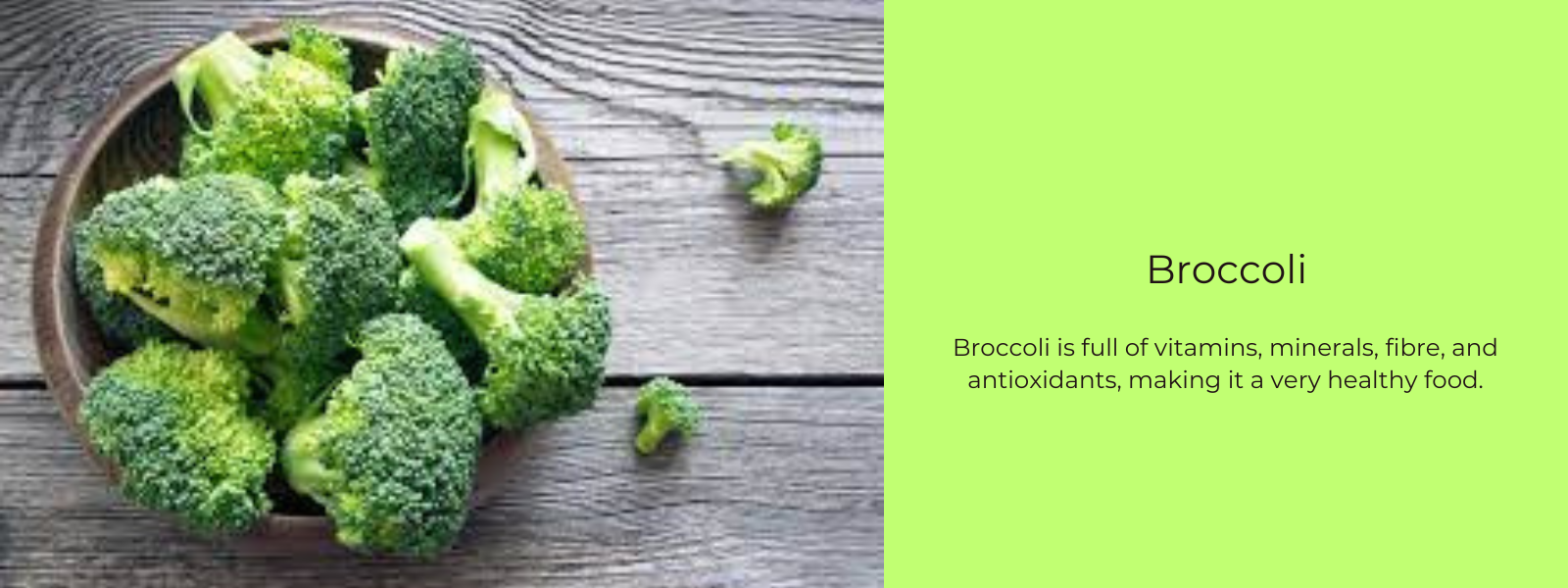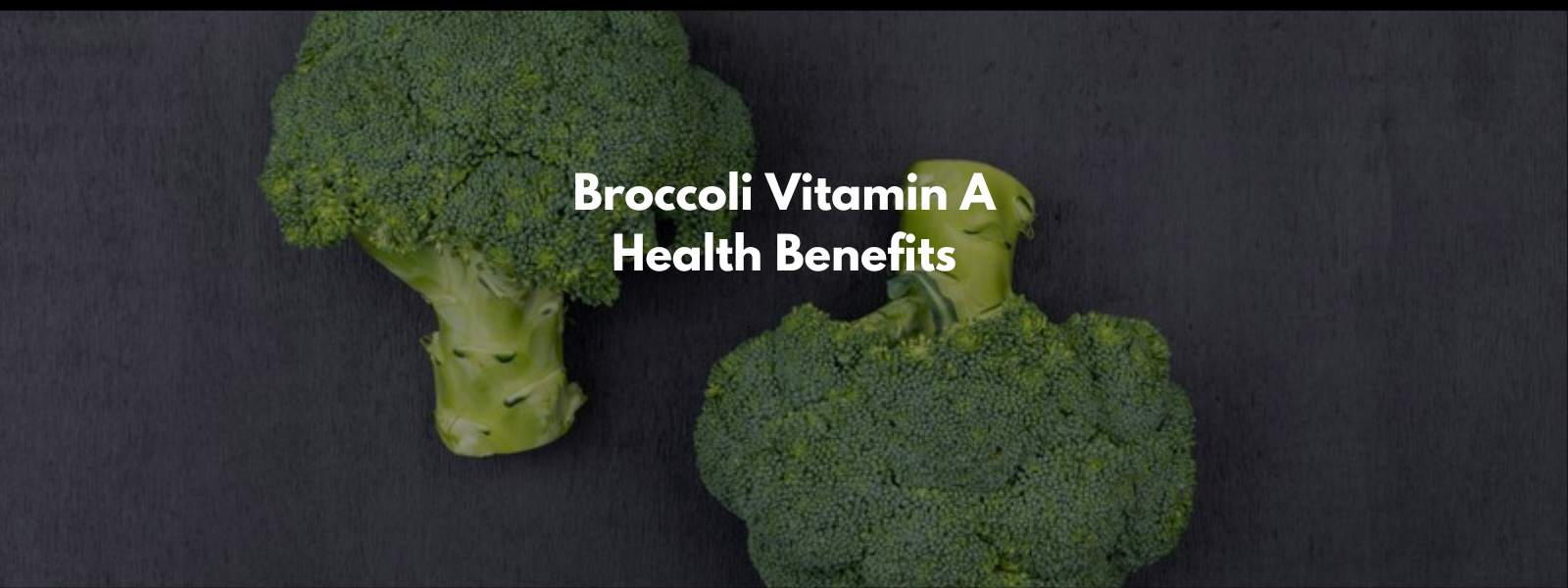Broccoli, a member of the cruciferous vegetable family, is widely regarded as a nutritional powerhouse, offering an incredible variety of health benefits. This green vegetable, with its unique texture and mildly bitter flavor, has been a staple in many healthy diets for good reason. Broccoli is loaded with vitamins, minerals, fiber, and bioactive compounds that not only support overall health but may also reduce the risk of chronic diseases. From boosting immunity to protecting heart and bone health, broccoli is one of the most nutrient-dense foods available, making it a must-have in your diet.
Broccoli, a member of the cruciferous vegetable family, is widely regarded as a nutritional powerhouse, offering an incredible variety of health benefits. This green vegetable, with its unique texture and mildly bitter flavor, has been a staple in many healthy diets for good reason. Broccoli is loaded with vitamins, minerals, fiber, and bioactive compounds that not only support overall health but may also reduce the risk of chronic diseases. From boosting immunity to protecting heart and bone health, broccoli is one of the most nutrient-dense foods available, making it a must-have in your diet.
Table of Contents
Nutritional Breakdown of Broccoli
Broccoli is incredibly low in calories but high in essential nutrients, including:
- Vitamin C: Just one cup of broccoli provides over 100% of the daily recommended intake of vitamin C, which boosts the immune system, promotes collagen production, and acts as a powerful antioxidant.
- Vitamin K: Necessary for bone health and blood clotting, broccoli is an excellent source of vitamin K, providing more than 90% of the recommended daily intake.
- Folate (Vitamin B9): Important for cell growth and DNA synthesis, folate is especially crucial during pregnancy for the healthy development of the fetus.
- Fiber: High in dietary fiber, broccoli aids in digestion and supports heart health by reducing cholesterol levels.
- Potassium: This mineral helps regulate blood pressure, supports muscle function, and contributes to heart health.
- Iron: While not as iron-rich as leafy greens like spinach, broccoli still offers a decent amount of this important mineral, crucial for oxygen transport in the blood.
In addition to these, broccoli contains small amounts of almost every essential vitamin and mineral, making it an incredibly balanced food choice.
- Broccoli Supports Heart Health
Broccoli’s rich fiber content, combined with bioactive compounds such as sulforaphane, plays a key role in heart health. Sulforaphane, a sulfur-containing compound found in cruciferous vegetables, has been shown to have anti-inflammatory properties and helps improve blood vessel function. Broccoli’s high levels of fiber aid in lowering bad cholesterol (LDL) levels, reducing the risk of heart disease. Furthermore, the vegetable’s potassium content helps regulate blood pressure by balancing the negative effects of sodium, contributing to a lower risk of hypertension and stroke.
- Improves Digestive Health
The fiber found in broccoli supports digestive health by promoting regular bowel movements and preventing constipation. Fiber acts as a prebiotic, feeding the healthy bacteria in the gut, which is crucial for overall digestive function and gut health. Additionally, broccoli contains compounds known as glucosinolates, which aid in detoxifying the digestive system and protecting the stomach lining from harmful bacteria.
- Powerful Antioxidants for Cellular Protection
Broccoli is loaded with antioxidants such as vitamin C, flavonoids, and carotenoids, which help neutralize free radicals and reduce oxidative stress. Free radicals are unstable molecules that can cause damage to cells, potentially leading to chronic diseases like cancer and heart disease. Antioxidants in broccoli combat this damage and reduce inflammation in the body. One of the most potent antioxidants in broccoli is sulforaphane, which has been shown to have anti-cancer properties by neutralizing toxins and reducing oxidative stress.
- Cancer-Fighting Properties
Broccoli has gained recognition for its potential to fight cancer, largely due to its high levels of glucosinolates, which are sulfur-containing compounds. When consumed, glucosinolates break down into biologically active compounds such as indole-3-carbinol (I3C) and sulforaphane. These compounds are believed to help protect against several types of cancers, including breast, prostate, colon, and lung cancers. Research suggests that sulforaphane can inhibit the growth of cancer cells, promote their destruction, and even deactivate carcinogens before they can cause harm.
- Promotes Strong Bones
Broccoli is an excellent source of calcium and vitamin K, both of which are essential for bone health. Calcium helps maintain bone density and strength, while vitamin K plays a role in improving calcium absorption and reducing calcium loss in the body. Regular consumption of broccoli can help prevent osteoporosis and reduce the risk of fractures, especially as you age. The phosphorus and magnesium in broccoli also contribute to overall bone health.
- Boosts Immunity
Thanks to its rich vitamin C content, broccoli is a fantastic immune-boosting food. Vitamin C stimulates the production of white blood cells, which are crucial for fighting infections. Additionally, vitamin C acts as an antioxidant, protecting immune cells from free radical damage. Broccoli’s beta-carotene and other antioxidants, along with vitamins A, B6, and E, all contribute to strengthening the body’s immune response.
- Supports Skin Health
Broccoli's high levels of vitamin C and sulforaphane contribute to healthy, glowing skin. Vitamin C is vital for the production of collagen, a protein that gives skin its elasticity and strength. Regular consumption of broccoli can help reduce signs of aging, such as wrinkles and fine lines. Moreover, sulforaphane has been shown to protect the skin from sun damage and even repair UV damage at a cellular level, reducing the risk of skin cancer.
- Helps with Weight Management
Broccoli is an excellent food choice for those looking to manage or lose weight. It is low in calories and high in fiber and water content, helping you feel full and satisfied without overeating. The fiber in broccoli slows digestion, which helps regulate blood sugar levels and reduces cravings. Its nutrient density ensures that you’re consuming a good amount of essential vitamins and minerals, even when following a calorie-restricted diet.
- Promotes Brain Health
Broccoli is rich in compounds that support brain health, including choline and sulforaphane. Choline is essential for cognitive function and helps maintain the structure of brain cell membranes. Sulforaphane has been shown to have neuroprotective properties, potentially reducing the risk of neurodegenerative diseases like Alzheimer’s. Additionally, the antioxidants in broccoli help reduce oxidative stress in the brain, supporting better memory and cognitive function as we age.
Ways to Incorporate Broccoli Into Your Diet
Broccoli is a versatile vegetable that can be incorporated into meals in various ways. Here are some easy and delicious ways to enjoy broccoli:
- Steamed or Roasted Broccoli: Steaming broccoli retains most of its nutrients while softening its texture. Roasting broccoli with olive oil, garlic, and your favorite seasonings gives it a crispier texture and deeper flavor.
- Broccoli Salads: Add chopped raw broccoli to your favorite salad for a crunchy, nutrient-dense addition. You can combine it with nuts, seeds, and a tangy dressing for extra flavor.
- Broccoli in Stir-Fries: Broccoli pairs well with other vegetables and lean proteins in stir-fries. Cook it with soy sauce, ginger, and garlic for a delicious and nutritious meal.
- Broccoli Soups: Blend steamed broccoli with vegetable broth, onions, and a touch of cream for a comforting and healthy soup.
- Broccoli Smoothies: For a green smoothie, add a handful of raw broccoli florets to your favorite fruit smoothie. The natural sweetness of the fruits will mask the flavor of the broccoli, providing a nutrient boost without altering the taste.
Conclusion
Broccoli truly deserves its status as a superfood, offering an impressive range of health benefits, from promoting heart and bone health to supporting the immune system and protecting against cancer. Rich in essential nutrients, antioxidants, and bioactive compounds, broccoli can be easily incorporated into a variety of dishes, making it a versatile and beneficial addition to your diet. Whether you’re looking to improve digestion, boost immunity, or support healthy aging, broccoli is a nutritional powerhouse that can help you achieve your health goals.











Leave a comment